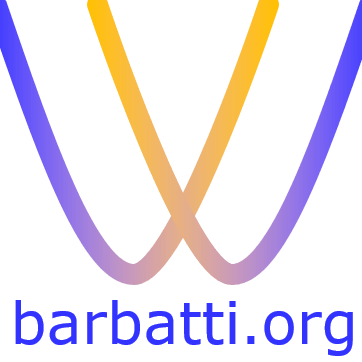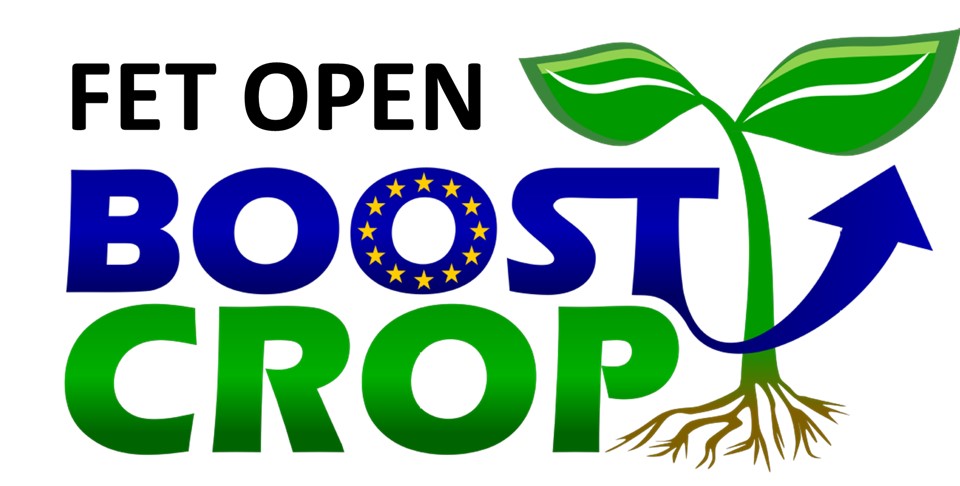A European team has been commissioned to develop a substance to protect crops against cold stress.
In brief:
- Cold stress is a limiting factor to extend locations suitable for agriculture.
- BoostCrop is a project funded by the European Commission to address this problem.
- An interdisciplinary team from eight institutions will work to develop ‘molecular heaters’, nature-inspired molecules that use UV-to-heat conversion to protect crops.
A major challenge in the twenty-first century is to increase global food production. Central to this problem is the necessity to increase the yield of numerous important crop species and to find ways to extend geographical locations suitable for agriculture.
BoostCrop is a FET-Open funded project, which aims at developing a novel approach to improve crop yields by protecting plants from cold stress. The approach is based on ‘molecular heaters’; nature-inspired molecules that absorb light at wavelengths that are either harmful to the plant or not used in photosynthesis and converting this light energy to heat. They would reduce yield losses due to cold stress, extend growth seasons and the geographical locations suitable for agriculture, increase crop yield at high crop density and, concomitantly, reduce greenhouse energy costs.
The multidisciplinary research program outlined in BoostCrop will demonstrate how intrinsic ultrafast molecular processes that underlie energy transfer can be manipulated such that macroscopic properties are impacted. The targets of the research program include:
- applying state-of-the-art experiments and theory to track and understand energy flow in targeted, nature-inspired molecules;
- manipulating this energy flow through chemical modification;
- developing a suite of molecules to suit the needs of crop growth.
The proposed research program offers a transdisciplinary and synergistic approach to reach these targets. The combined expertise of research groups from 6 universities (and staff spanning Chemistry, Physics, and Biology), one government institute, and an enterprise with a track record for developing sustainable agro-technologies will ensure that the long-term vision of BoostCrop, thereby contributing significantly to Europe’s future technological and Food Security.
The following private and public research institutions form the BoostCrop consortium:
- University of Warwick (coordinator);
- Aix Marseille University;
- AgroParisTech;
- Bundesinstitut für Risikobewertung (BFR);
- PlantResponse Biotech;
- Radboud University;
- University of Amsterdam;
- University of Bristol
BoostCrop is coordinated by Prof. Vas Stavros from the University of Warwick. It will run for five years starting in 2019, counting with a budget of 5 million euros.
Our group in Marseille University is responsible for providing theoretical chemistry support for the experimental BoostCrop partners. Our mission is to develop models for nonadiabatic excited state dynamics of the target molecules in isolation and in complex environments. Comparison of computer simulations with experimental data will establish structure-dynamics-function relationships, and thus a molecular rationale for photon-to-molecule heaters. Such knowledge will also enable tuning the absorption profiles to be compatible with leaf photosynthetic machinery.
MB

